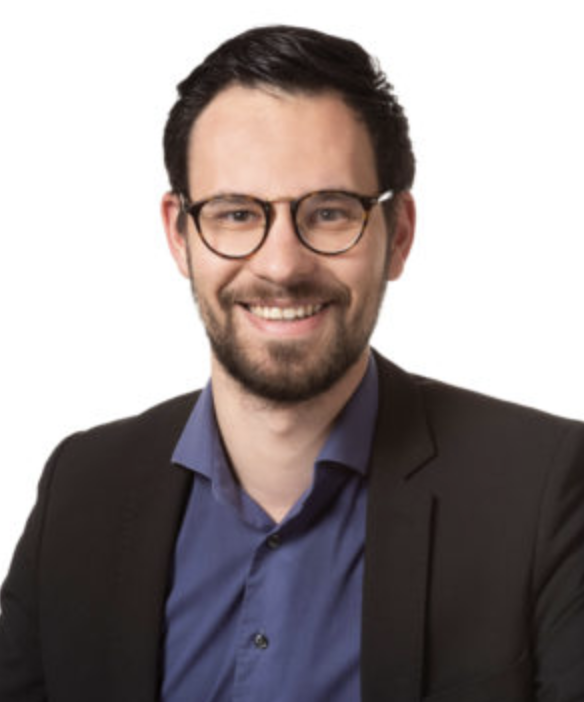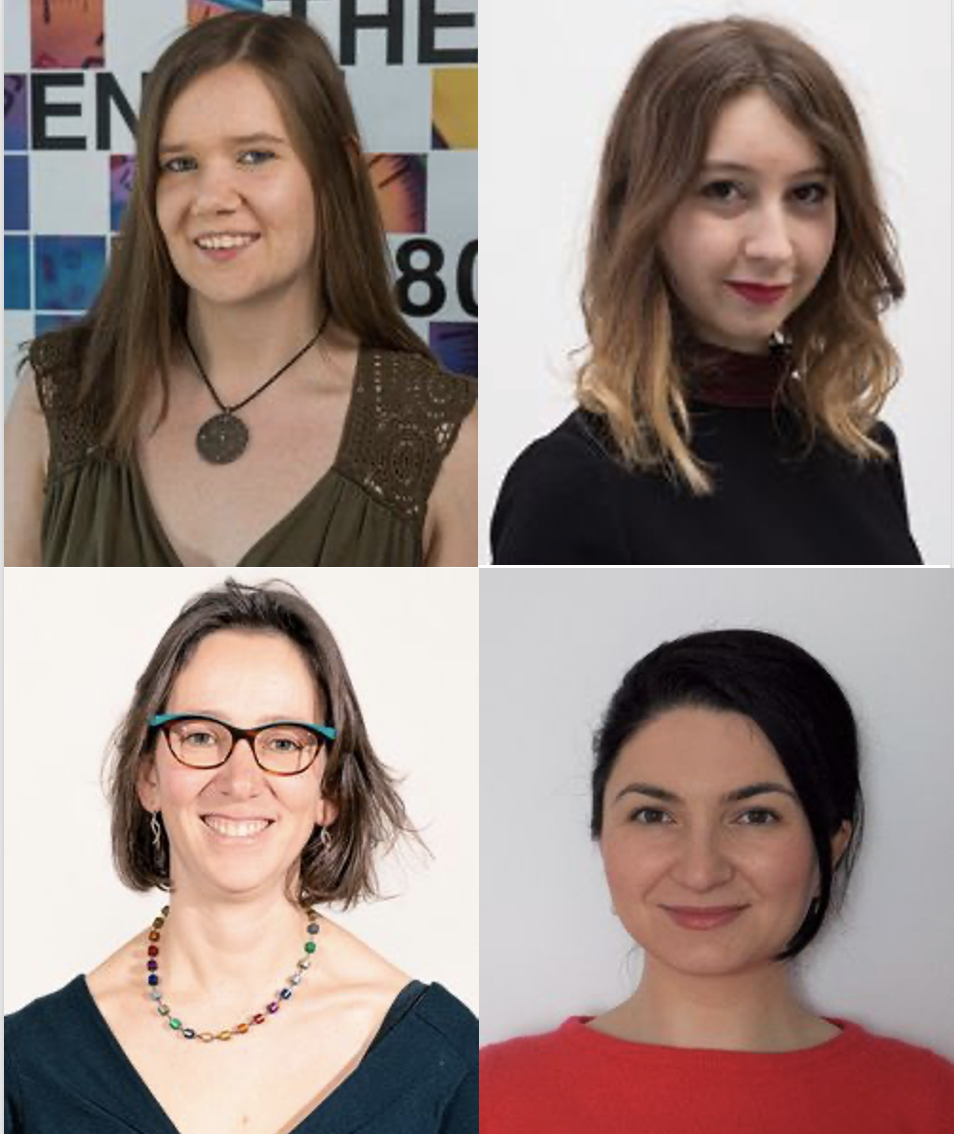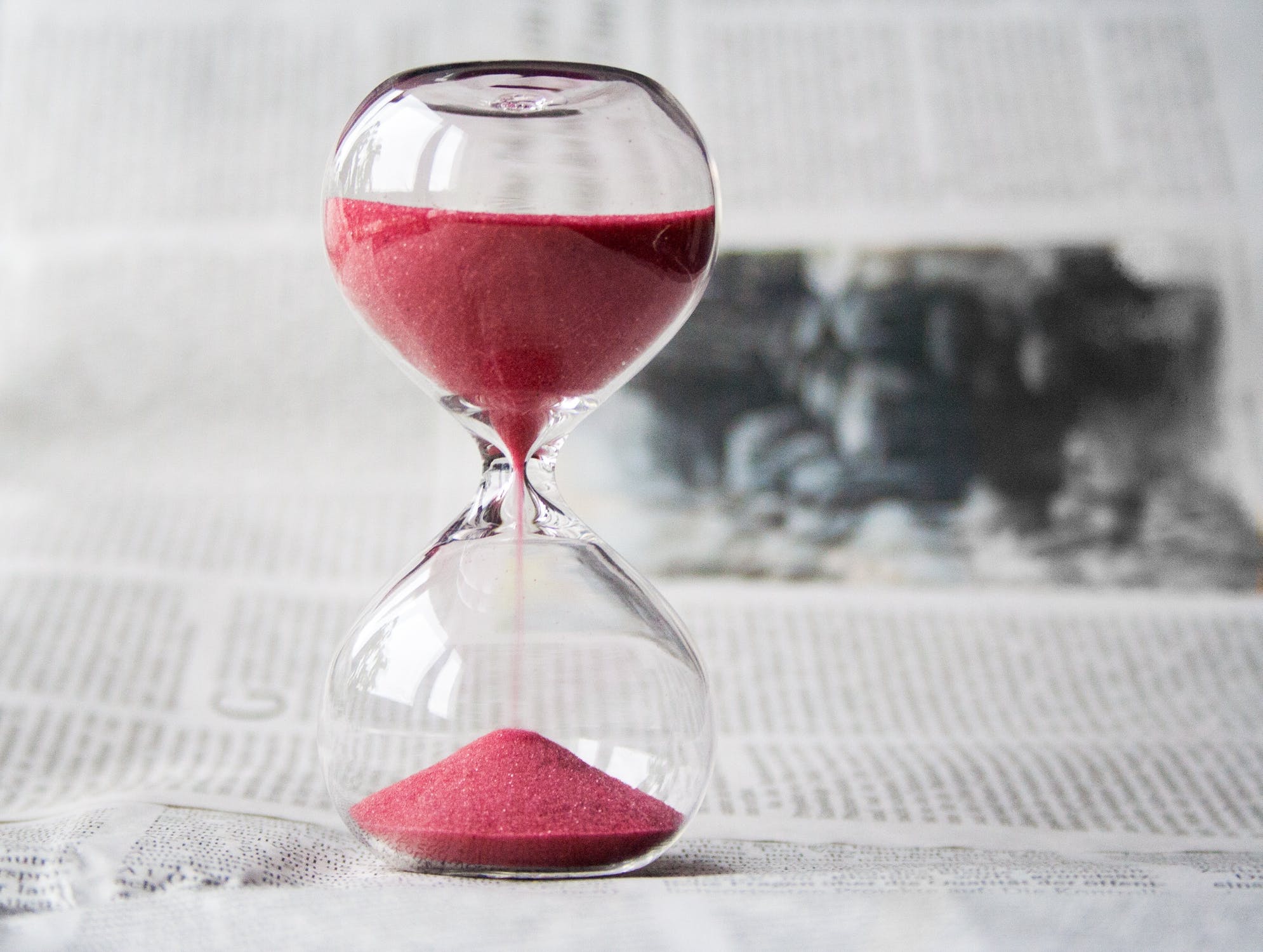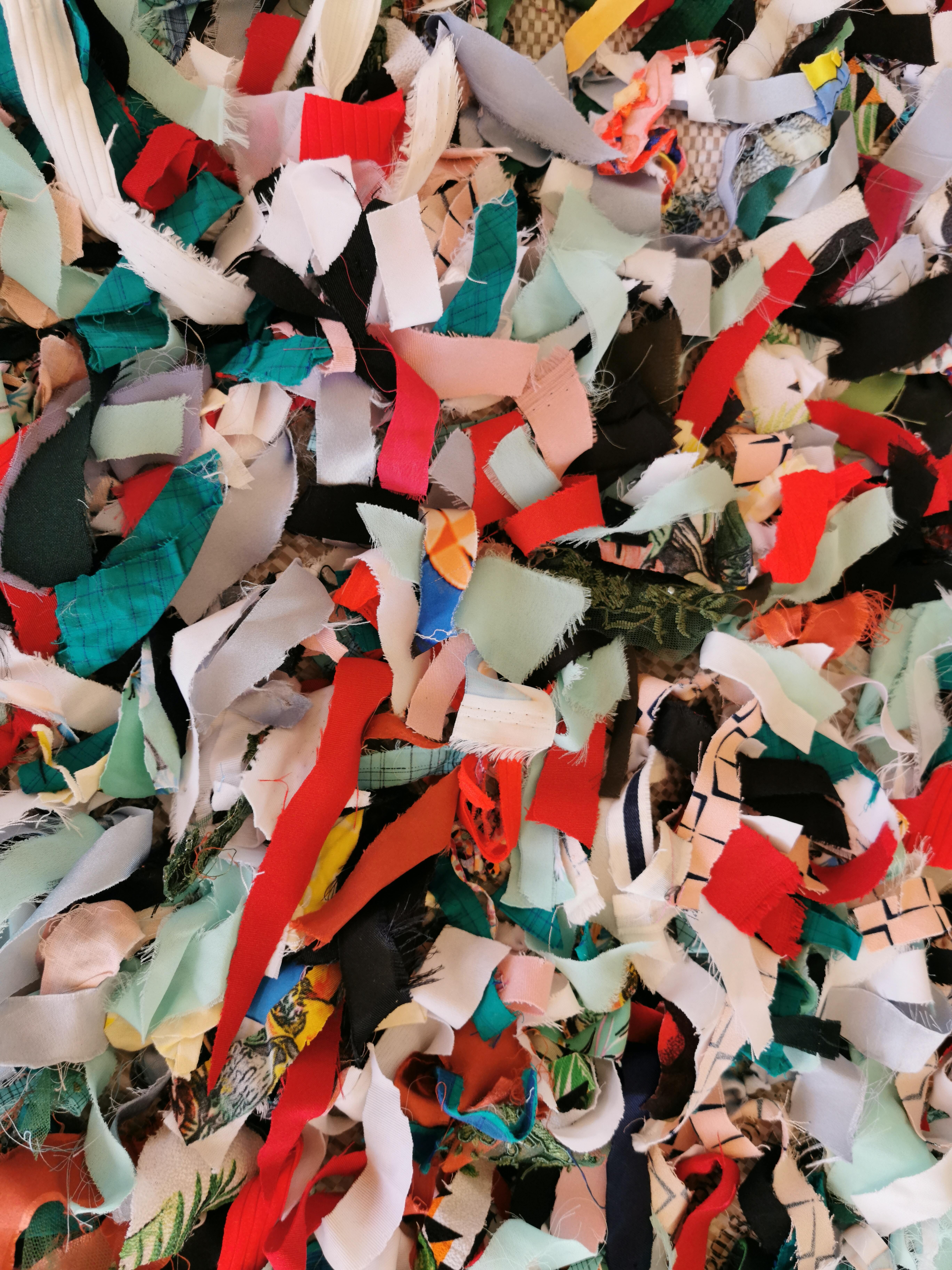 Time and timing in doctoral education: Thoughts from the 2022 EUA-CDE Annual Meeting
Time and timing in doctoral education: Thoughts from the 2022 EUA-CDE Annual Meeting
The 15th Annual Meeting of the Council for Doctoral Education of the European University Association (EUA-CDE) was held at Manchester last June. This conference addressed the question of time and timing in the thesis, and took a close look at this key issue for doctoral education. The CUSO team had the chance to attend this Annual Meeting and we would like to take the opportunity to share with you some thoughts we took back with us.

 Word from Kilian Winz, representative of the doctoral students
Word from Kilian Winz, representative of the doctoral students
My dear fellow doctoral students,
You first elected me in 2018 to represent you on the CUSO Coordination and Management Commission before re-electing me in 2020 for a second term. As I am about to complete my PhD thesis this summer, I will not be seeking re-election. I would like to take this opportunity to say a few words to express my gratitude for the four years I have spent defending our interests.

 Behind the scenes of MT180 competition: the laureates share their experience
Behind the scenes of MT180 competition: the laureates share their experience
On Friday, May 21st, the fifth Swiss finals of the competition “Ma thèse en 180 secondes” will take place. It will be broadcast online from 6pm on the EPFL website, on mt180.ch and on the EPFL YouTube channel.
What is “Ma thèse en 180 secondes” ?
It is a competition that allows PhD students to present their research topic in simple terms to a diverse audience. Usually it takes place in a theatre or auditorium, with the warmth of physical presence, but this year it will be online, for obvious reasons. Each doctoral candidate has to give a clear, concise, yet convincing presentation of their research project in three minutes. To give you a better idea of what this competition is all about, what the challenges are and what the difficulties are, the CUSO secretariat asked the last four winners a few questions, which they kindly accepted to answer.

 Basic Tips for Writing a Grant Request
Basic Tips for Writing a Grant Request
Summer is looming on the horizon and our blog will also enjoy a little summer break. We look forward to seeing you back in September with some new posts about the PhD. But before that, we propose you an article dealing with the writing of grant requests.
Research needs funding from third parties, mainly public funding providers. The competition to obtain research grants may be very intense, making it challenging to write a request. Indeed, the Swiss National Science Foundation (SNF) received 7’404 proposals and funded 3’465 of them in 2019, a little less than 50 %. Though writing proposals for grants may be difficult, it is an essential process for scientists who would like to have a successful research program. This process is even more difficult for early career researchers whom are trying to differentiate themselves from their colleagues and need to demonstrate their autonomy from their supervisors while developing their own new and innovative ideas and concepts. For our last post of the season, we present you some basic tips that may help you to write a successful research grant request. Think also about the courses proposed by the CUSO transversal program regarding this topic.

 Developing and Maintaining a Professional Network during the PhD and beyond
Developing and Maintaining a Professional Network during the PhD and beyond
Establishing and maintaining a professional network is essential for doctoral candidates – not only while studying, but also for their professional future whether in the private sector or in academia, as we recently discussed in one of our last posts.
Networking is based on sharing and exchange, voluntary collaboration and the principle of reciprocity. It allows you to develop your career and to create cooperative partnerships during the entire professional life, and not only just after the end of the PhD. In addition, discussing and collaborating with colleagues from different cultures and backgrounds is an extremely enriching experience for your own personal development. Here, we propose some suggestions and ideas to proactively build, grow and maintain a professional network. Please also note that a specific Transversal Program workshop (Proactive Managing Relationships and Networks) has been conceived to improve your skills in networking!

 Time Management Tips for Your PhD
Time Management Tips for Your PhD
During a PhD, time always feels scarce and the days seem to fly by pretty quickly. Combining this with the pressure of the number of things you have to accomplish, the need to achieve a high standard and perhaps a certain lack of clear guidance, you may easily feel stressed. Moreover, completing a PhD is usually an individual process where your progress mostly depends on your own motivation and your organizational skills. For sure, having good time management strategies can be vital and may help reduce anxieties. Time management is all about to make the most efficient and effective use of the time you have, and allows you to deal with your duties, to meet deadlines, and to progress towards achieving your private and professional goals.

 “ Creativity is intelligence having fun” - A. Einstein
“ Creativity is intelligence having fun” - A. Einstein
In one of our articles, we underlined the importance of reflection time in order to develop new ideas that could be useful when returning to campus. Indeed, creativity is closely linked to research process when it comes, for example, to developing new hypotheses, transmitting acquired knowledge or building the foundations of a project. The innovative process is vivifying, vibrant, sparkling, stimulating, but generating ideas and organizing them is sometimes complicated, messy, even frustrating. Did you know that as early as the Middle Ages (Quaestiones disputatae) there was a concern to facilitate and stimulate exchanges between scientists in order to generate original answers to theoretical questions? The aim here is not to retrace the history of brainstorming or freewheeling, but to propose some concrete tools to structure the production and organization of new ideas, in groups or solo.

 Tips for Conquering the Blank Page when Writing your Thesis
Tips for Conquering the Blank Page when Writing your Thesis
Staying in front of the blank page and its blinking cursor for minutes, hours or days… or drafting only a little paragraph in an entire day because you erase and rewrite every sentence you type out. Which early stage researcher has not been confronted with these problems? Publishing quality research papers effectively is certainly one of the keys to a successful academic career. However, most researchers begin without any formal teaching, causing thesis writing to be often stressful and inefficient…

 Physical and Mental Well-being in Times of Pandemic and Thesis
Physical and Mental Well-being in Times of Pandemic and Thesis
Containment is not new to doctoral students, as Mathilde Maillard and Mathieu Rouault note. In particular, working on a thesis in the humanities and social sciences involves overwhelming but necessary phases of confinement, involving social isolation and lack of physical activity.
 "My thesis in 180 seconds": entertainment, communication and doctoral education
"My thesis in 180 seconds": entertainment, communication and doctoral education
The original article is published in "The Doctoral Debate", blog of the Council for Doctoral Education of the European University Association (EUA-CDE).
Link to the article: www.eua-cde.org/the-doctoral-debate/113:my-thesis-in-180-seconds-entertainment,-communication-and-doctoral-education.html



 Blog en français
Blog en français